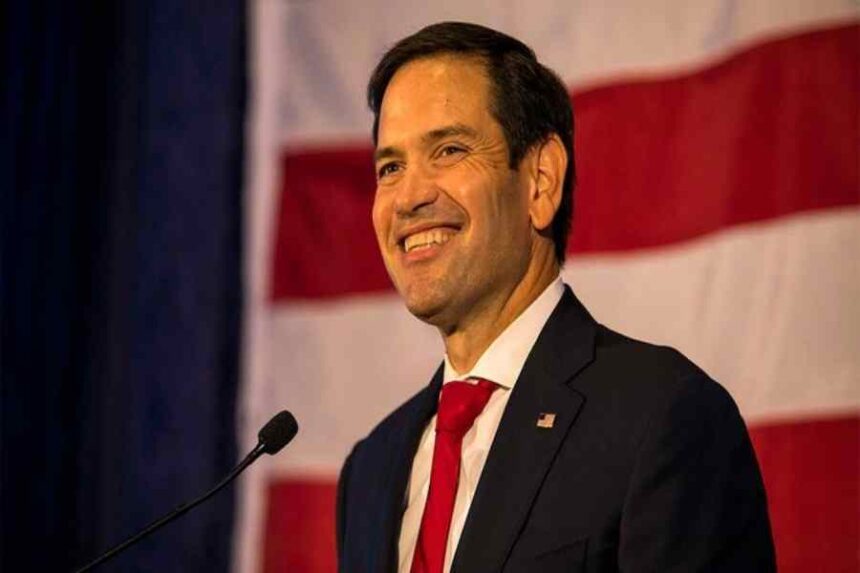As the 2024 U.S. Presidential election approaches, the discussion around former President Donald Trump’s potential running mate intensifies, revealing deep strategic undercurrents within the Republican Party.
Trump’s selection of a vice-presidential candidate is not just a matter of personal chemistry or political alignment but also a reflection of the ongoing debate over the legitimacy of the 2020 election results. This topic continues to divide the nation.
Among the top contenders for Trump’s VP nomination are figures who have prominently aligned themselves with varying degrees of election integrity skepticism. Senators JD Vance of Ohio, Marco Rubio of Florida, and Tim Scott of South Carolina stand out as significant candidates, each bringing a unique perspective and political strategy to the potential ticket.
Senator JD Vance, a vocal supporter of Trump, has consistently echoed the former president’s claims of a stolen 2020 election.
His stance is not merely rhetorical; it shapes his political identity and aligns him with the most ardent Trump supporters. Vance’s commitment to this narrative suggests that, if selected, he would be a VP candidate who amplifies Trump’s ongoing grievances about election processes, potentially influencing how Republicans view the legitimacy of electoral outcomes.
Senator Marco Rubio, by contrast, presents a more nuanced position. Having voted to certify the 2020 election results, Rubio is willing to diverge from Trump’s narrative. This independence could appeal to moderate Republicans and independents who are uneasy with the more extreme election fraud claims.
However, Rubio’s careful navigation of the issue also reflects the broader tension within the party—between maintaining a commitment to traditional democratic norms and appeasing a base that remains loyal to Trump.
Senator Tim Scott also voted to certify the 2020 election results and has generally maintained a more reserved approach to election fraud.
Scott’s stance could make him a stabilizing figure on the ticket, potentially attracting voters who are wary of ongoing election disputes but still resonate with conservative values and policies.
The choice of a running mate for Trump is strategically crucial as it signals the campaign’s direction and priorities.
A VP candidate who strongly supports Trump’s claims of election fraud might energize the base but risks alienating moderate and independent voters critical for winning swing states. Conversely, a candidate like Rubio or Scott, who demonstrates a commitment to electoral integrity, could help bridge the gap to skeptical voters, albeit at the risk of dampening the enthusiasm of the core supporters.
An intriguing aspect of this VP selection process is the potential role these candidates might play in certifying the 2024 election results, should they find themselves in the Senate then.
This scenario adds a layer of complexity to their public statements and positions on election integrity today. Their actions and words could directly affect their credibility and the perceived legitimacy of the electoral process in a future Trump administration.
As the 2024 elections draw nearer, Trump’s choice of running mate will undoubtedly be a litmus test for the direction of the Republican Party.
The selected VP candidate will be critical in campaigning and shaping the party’s stance on democracy and governance in a post-2020 political landscape. This choice will reflect political strategy and an ideological stance that will have long-lasting implications for the party and the country.




